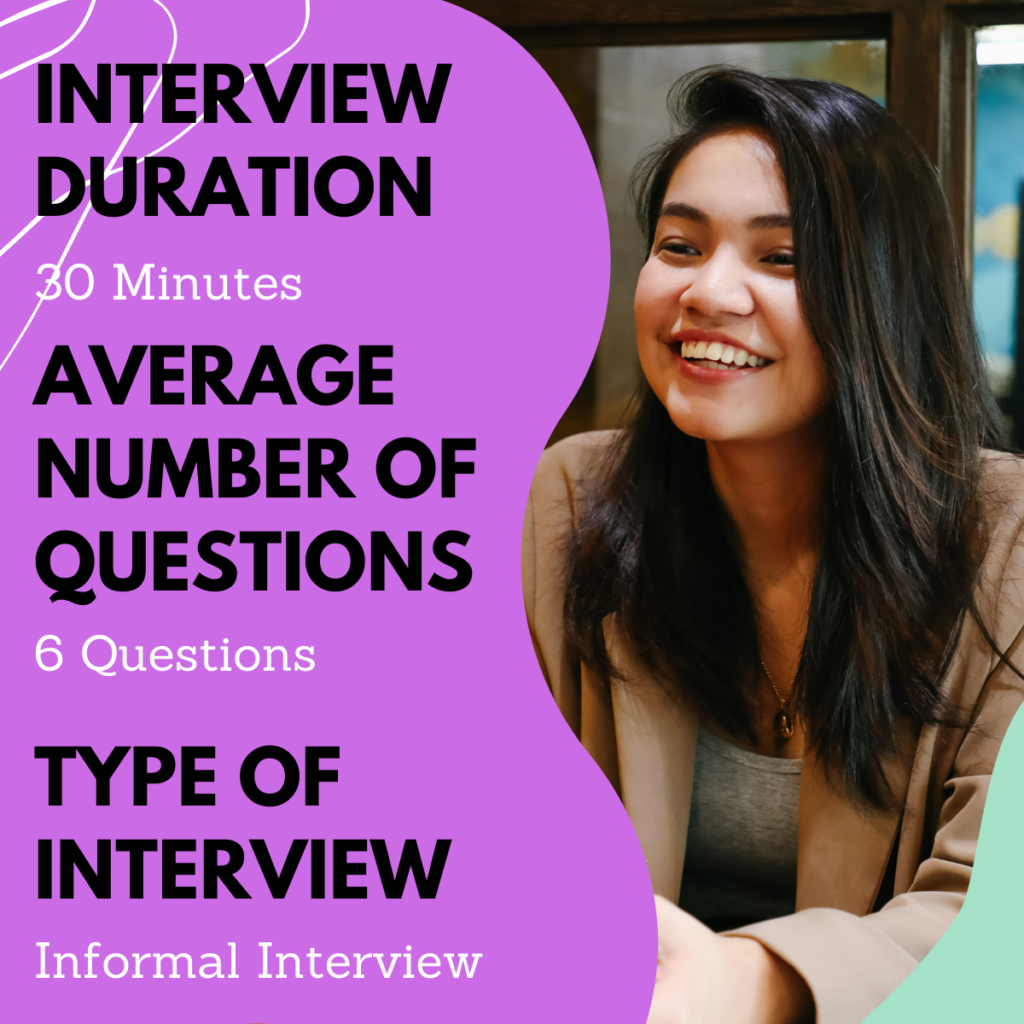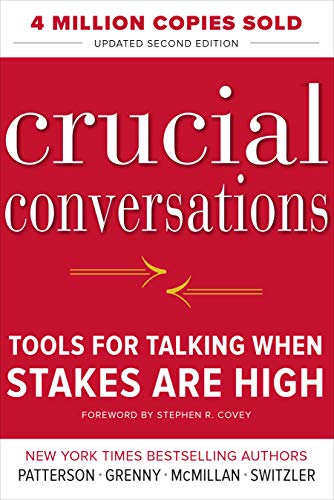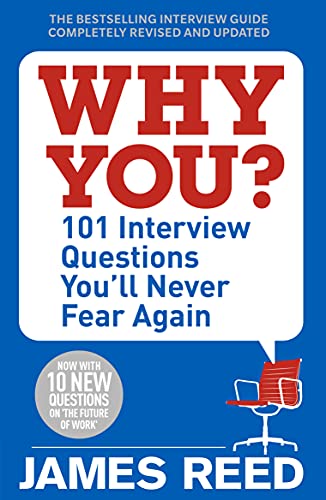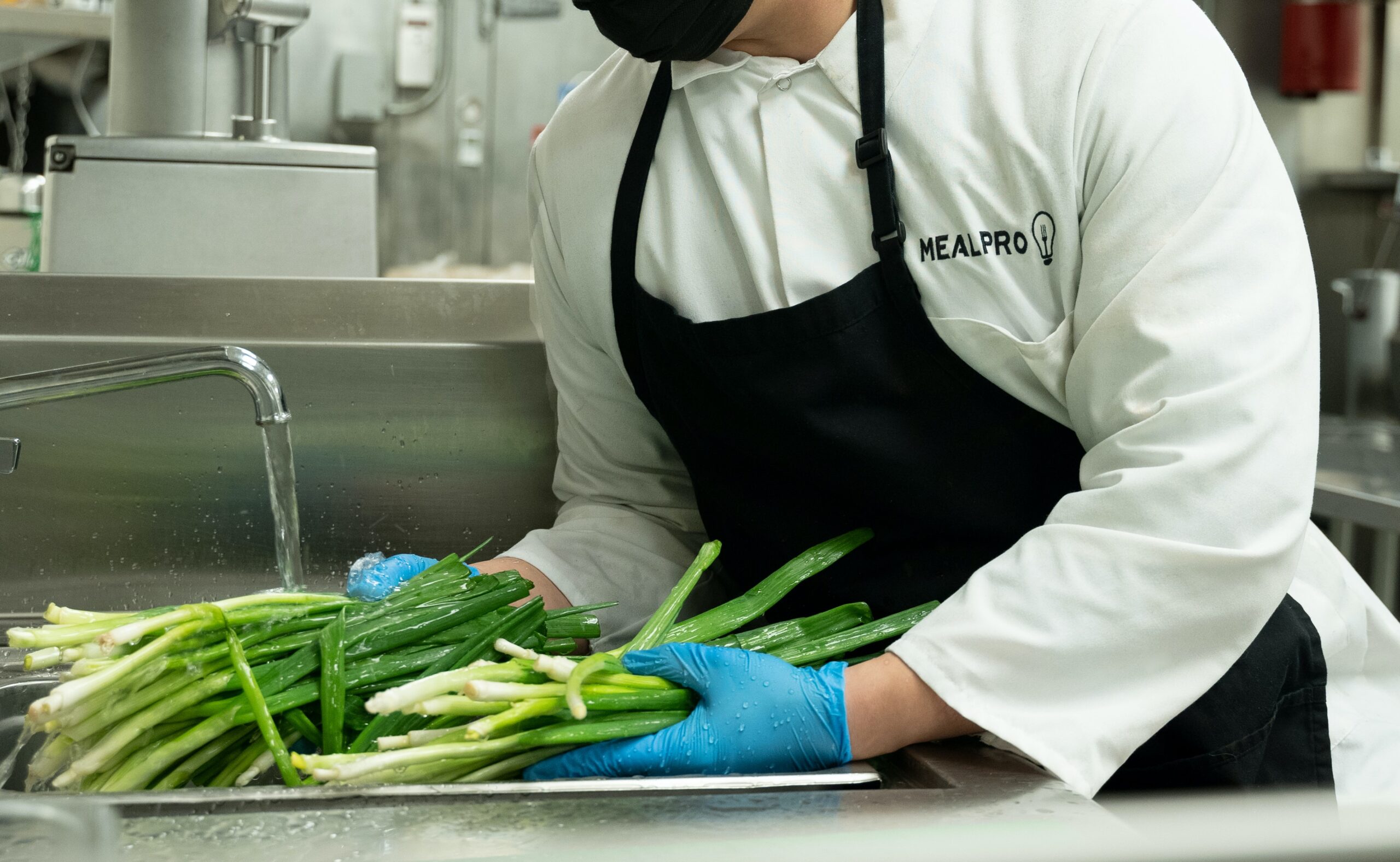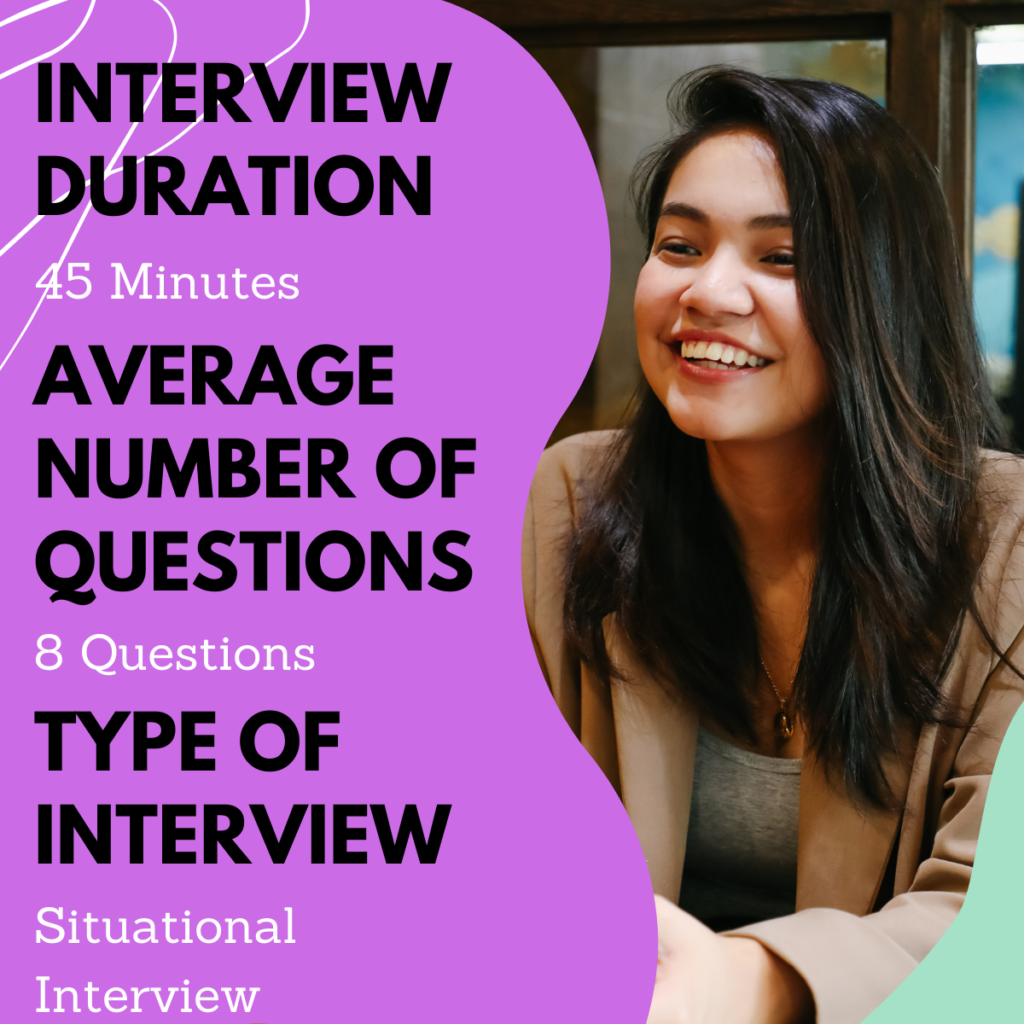High skilled positions often come with a long recruitment process, consisting of several interview stages:
- AVI – asynchronous video interview (a virtual job interview conducted by an AI bot) used to screen applicants
- Technical interview to check a candidates competencies – this may include practical tests
- Group interview and/or values interview to review suitability/company culture fit
- Final interview for shortlisted candidates
A large number of career professionals on platforms such as LinkedIn express their concern over the high number of interview rounds – or ‘hoops’ they are made to jump through to secure a job offer.
So, why do employers have multiple interview rounds?
From the employers perspective, when paying a high salary for a highly skilled role, the hiring manager needs to ensure they recruit the right person. Often a single interview gives an indication of a persons suitability but doesn’t always highlights the individuals temperament, skills, knowledge, work-ethic, and values.
For low to medium skilled roles, most employers will have one or two interview rounds. For leadership positions, high-skilled roles, technical jobs the recruiters must hire someone who can add value, this requires a more in-depth recruitment process.
What does a final job interview mean?
Research shows how the top three candidates in a job interview will only have one or two points between them – the structured job interview is a close run thing.
Having such a close match can result in the interview panel being influenced by an unconscious bias. Rather then being forced into a decision, the recruitment team, often led by a human resources hiring manager, will invite the top performing interviewees to a final interview.
The final interview means that all the candidates are employable, they all meet the essential criteria and can add value to the team.
Only three to five applicants are offered a final interview round. This shortlist of candidates will all hold relevant industry qualifications , many years of sector experience and the confidence to delivery high-scoring job interview answers during the recruitment process. In short, they have a strong interview identity.
Competition, therefore, is high in terms of quality but low in terms of quantity – as the weaker candidates have already been dismissed.

Interview Specifics:
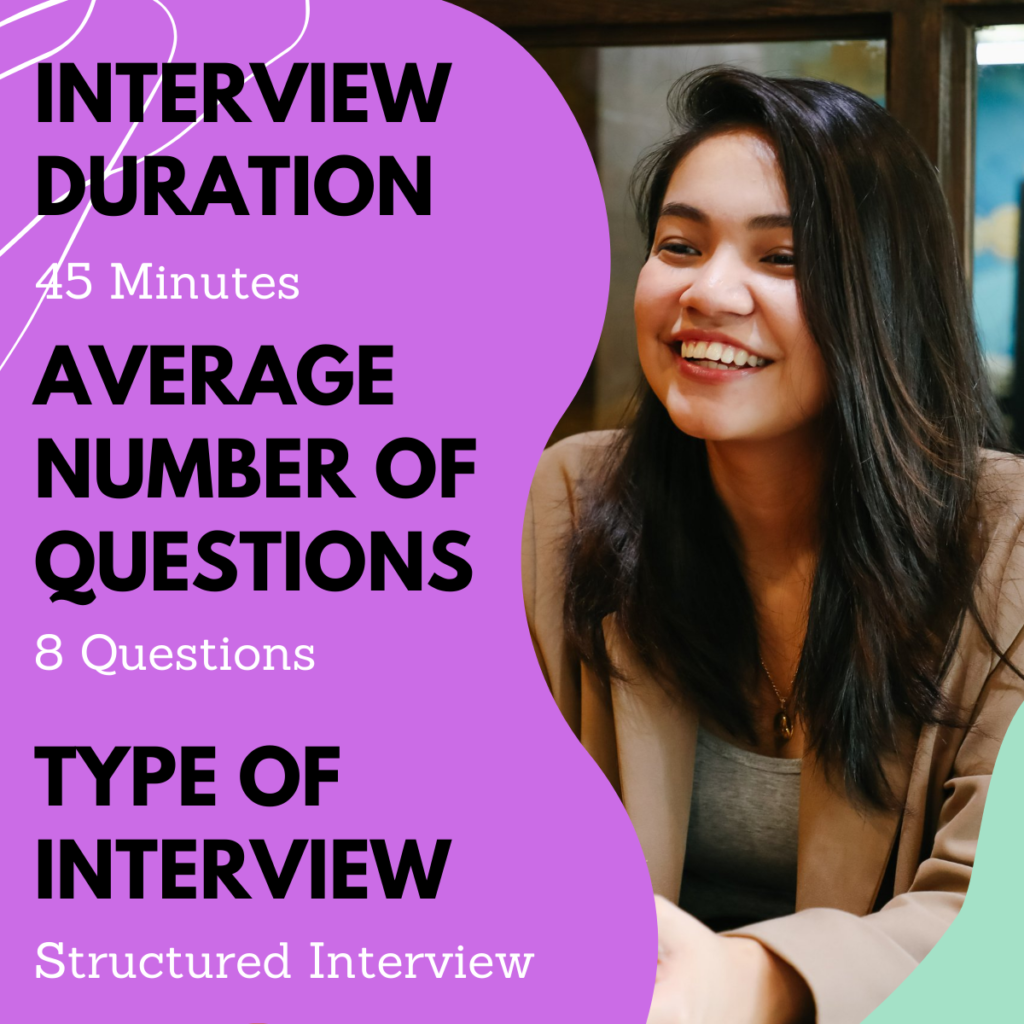
Can you demonstrate the relevant knowledge and experience to pass a final job interview?
- Do you give detailed examples?
- Do you state measurable data during examples?
- Do you reference industry models and theories?
- Do your answers meet the job criteria?
- Are you a self-promoter?
- Are your answers delivered confidently?
- Do you use an excessive number of filler words?
- Does your unique selling point stand out during the interview?
Check the average pay for your job role.
How to prepare for a final interview?
The biggest mistake most career professionals make during a final interview is not repeating examples from previous job interview rounds.
For all rounds, the job interview panel must score applicants based on the answers given in that interview round. Remember that each interview round maybe conducted by a different interviewer.
Not that all previously used examples will be needed. Each employer has their own way of conducting a final interview.
Some employers, will ask similar questions throughout all the interview rounds (worded a little different) to check that the applicant does possess the required skills and knowledge for the job vacancy.
In this approach, the final interviewers – often trained HR and senior leaders will ask more specific interview questions looking for data and evidence that they can measure.
As an example:
- Interview round 1 question: “Tell me about a time when you worked with stakeholders?”
- Interview round 2 question: “Tell me about a time when you had to influence a stakeholder?”
- Interview round 3 question: “Give me an example of when you have influenced a senior stakeholder to overcome an objective on a collaborative project?”
- Interview round 4 question: “Explain the specific steps you took to get a stakeholder with an objective to a project to agree with a proposal you had created?”
In other organisations, the final interview round will be focused on added value. The interview questions maybe open, even informal, to understand how an applicants experience will make a difference in the current team, on a project, and/or to achieve the company vision.
The employer is looking for:
- Unique selling points
- How an (experience) can be used to improve production or output/increase profit
- What industry related knowledge can help progress the company
- Specific skills and how they can be used to influence the workforce/achieve an objective
- How the (applicant) can raise the bar
Final job interview tips
By the final interview stage, the employer has a high opinion of the candidate. The opinion must be reinforced.
It is often the confident, the charismatic interview identity, who is finally offered the role.
This is because employers value confidence. A self-assured employee gets things done. Humans also associate other positive personality traits to confident people. We believe they are hard-working, skilled, knowledgeable, and that they possess good personal skills; communication, listening, teamwork.
To be viewed as confident:
- Be assertive with your communication
- Use the power of a pause – don’t rush your answers
- Add characters and storylines to your examples – entertain as we as explain
- State researched information about the company within the interview answer
- Be a master of the basics; eye contact, positive posture, power voice
Be ready to answer scenario interview questions.
Employers recruit for a reason – there is a recruitment to gain a person with the knowledge and experience to achieve a key objective.
The final job interview often focuses on the candidates abilities to achieve these objectives. The questions asked can be both open or closed:
- What do you know about X?
- What would be your 5 step plan to achieve (objective)?
- We are facing a (barrier) who would you turn this around?
- Describe the operational plan, over a 5 year period, you would implement to achieve (objective)?
- Tell me more about that?
The employer leaves it to you!
In the final interview, don’t wait to be asked follow up questions. If questions are ambiguous:
- Tell me more about that (often used in informal job interviews)
- Describe your leadership style
- Give me an example of success
It is up to the interviewee to provide the detail. Research shows how the higher number of words per answer often results in a high number of job offers.
Give detailed and specific answers as this increase word count. This can be achieved by:
- Talk about the pro’s and con’s of a situation, management style, product, machinery, process
- Use multiple situations in answers. As an example, to answer a ‘leadership style question’ talk about using different leadership styles in different (sector related) environments
- State a theory or model and give an example of the theory/model in use
- Embed short metaphors and examples into a longer example, ensuring their is a golden thread
Create a conversation.
Dont wait until the end of a job interview to ask the employer questions about the company.
Ask questions throughout the recruitment process and use the answers to give your own suitable replies. As an example if, by asking the interview questions, it is clear that the company value innovation, ensure you reference times you have been creative and innovative.
Mirror the language an employer uses; build on their metaphors, copy jargon and acronyms. By using a similar level of language a stronger level of rapport will be built.
Final job interview questions and answers
Final job interview question: Tell me what would you do in the first 3 months of working for the organization?
The interviewer here, is checking that the applicant is a self-motivated individual who can get things done.
Explain:
- Understanding the vison/project brief
- Planning for risk
- Reviewing budget spend
- Team motivation
- Taking action
- Being results driven
Final job interview question: How will you motivate the team to achieve the objective?
A leader creates a vision that the team work to achieve. The two parts vision and action(s) come together by ‘motivation’.
Discuss:
- Different leadership styles
- Staff motivation models
- Operational plans
- Previous examples of motivating teams
Final Interview Questions: What problems do you foresee?
Nothing is streamless in the world of work.
All managers, senior leaders and project managers can predict and manager risk. To answer the ‘problem’ question:
- State potential problems
- Discuss risk management models
- Give solutions to common industry problems
- Explain reactive and proactive approaches
- Talk about risk budgets

How competitive is a final job interview?
Final job interviews aren’t competitive in terms of numbers.
The average number of applicants per vacancy is around 250. The average number of interviewees for each role is 8-10. The average number of final interviewees is just 2.
The two final interviewees will be highly skilled, knowledgeable and experienced. In these terms competition is high, because both job candidates are equally matched.
Often, the job offer goes to the candidate who has best prepared, and therefore the most confident in delivering high-scoring interview answers.
For a final job interview, high scoring answers are the answers that give specific and measure data that highlights the candidates competencies relevant to the job criteria and beyond.













